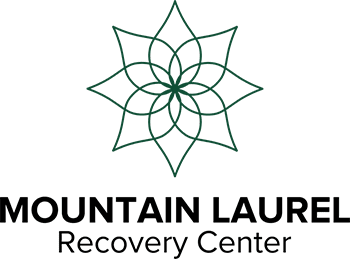
Using Insurance to Pay for Addiction Treatment
The Patient Protection and Affordable Care Act, often shortened to the Affordable Care Act or referred to simply as Obamacare, provides important protections to individuals that need substance abuse treatment or mental health care services. Under this law, the majority of individual, state, or federal marketplace insurance plans are legally required to cover substance abuse treatment and cognitive behavioral therapy. In addition, the Paul Wellstone and Pete Domenici Mental Health Parity and Addiction Equity Act (MHPAEA) requires insurance plans for businesses with more than 50 employees to cover this care to the same extent they would cover other types of medical treatment.
Although most insurers are legally required to offer coverage for substance abuse treatment, this does not mean they are required to cover every treatment option available. Some plans only cover outpatient treatment, while others cover inpatient or residential care for 15 to 30 day, 60 day, or 90 day programs. Some may have important restrictions regarding simultaneous care for co-occurring mental health disorders such as anxiety and depression, home health visits, and follow-up counseling. It is common for plans to require you to seek care at accredited, in-network facilities.
You should refer to your Summary of Benefits and Coverage (SBC) to learn what your plan covers. All plans are legally required to provide this information, which can generally be found by logging into your online member account with your insurance company. If you can’t find your SBC online, ask to speak to a customer service representative.
Note
Note that it is illegal for an insurance company to discriminate against you based on your diagnosis of a substance use disorder. Your premiums will not rise as a result of your decision to seek treatment, but premiums could still rise due to other market factors beyond your control.
Complete our insurance verification form to learn what coverage your plan will provide for addiction treatment at Mountain Laurel Recovery Center’s Pennsylvania drug and alcohol treatment program. We accept all major insurers, including Aetna, Cigna, Magellan Health Services, Optum, and UMPC, but having our staff verify your coverage can help you make a more informed decision about paying for your care.
Paying for Treatment if You Don’t Have Insurance
If you don’t have health insurance or your policy has a high deductible or limits on coverage, you still have options. Consider the following:
- Emergency savings. Borrowing from your emergency savings is a smart move, even if you or your loved one have yet to hit “rock bottom.” Addiction is a progressive illness, so early intervention helps prevent serious problems in the future.
- Retirement savings. While not ideal due to the potential it has on your future retirement income, you can borrow from your 401k or other retirement plan to pay for addiction treatment.
- Family and friends. Loved ones may be able to cover the cost of treatment as a gift or loan, especially if they have seen firsthand how addiction has negatively impacted your life.
- Raising money. Fundraisers are commonly held for a wide range of medical needs. You could sell valuable items such as cars, antiques, or collectibles or solicit donations directly.
- Financing. Low-interest medical loans can be used to pay for many types of necessary medical care, including addiction treatment. Some programs will even accept applicants with less-than-ideal credit scores.
Treatment Is an Investment in Your Future
Regardless of whether or not you have insurance, seeking treatment should be seen as an investment in your future. Addiction is a chronic illness and will continue to progress without treatment. This means you’ll eventually face addiction-related costs such as:
- ER bills related to an overdose
- Legal fees and court costs for drug possession, DUI, or other addiction-related offenses
- Lost income related to missing work or being fired for poor performance
- Property damage associated with actions while under the influence
- Funds used to purchase increasing amounts of drugs and alcohol
- Medical care for conditions that have been caused or exacerbated by continued substance abuse
At Mountain Laurel Recovery Center, our philosophy is based on the disease concept of addiction and the belief that all people have equal worth. If you’re ready to start building a sober future for yourself or your loved one, we can help.
